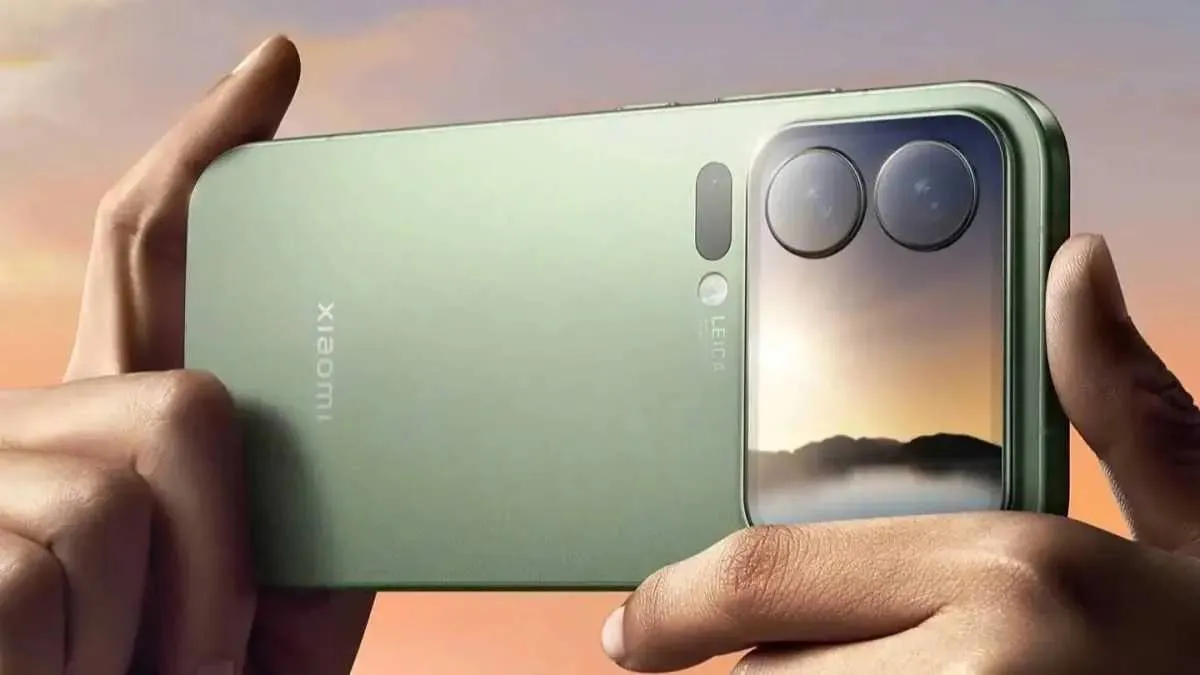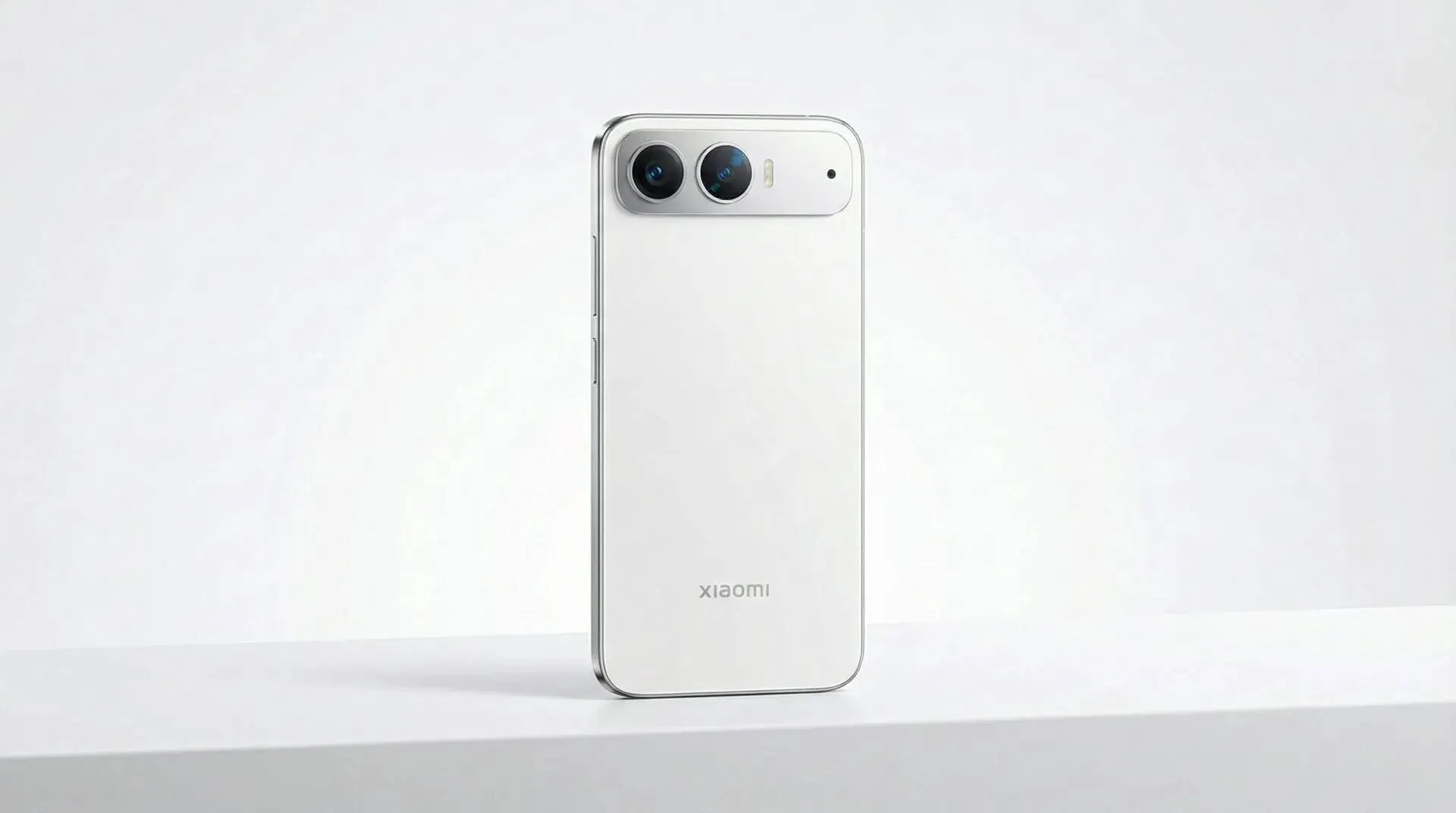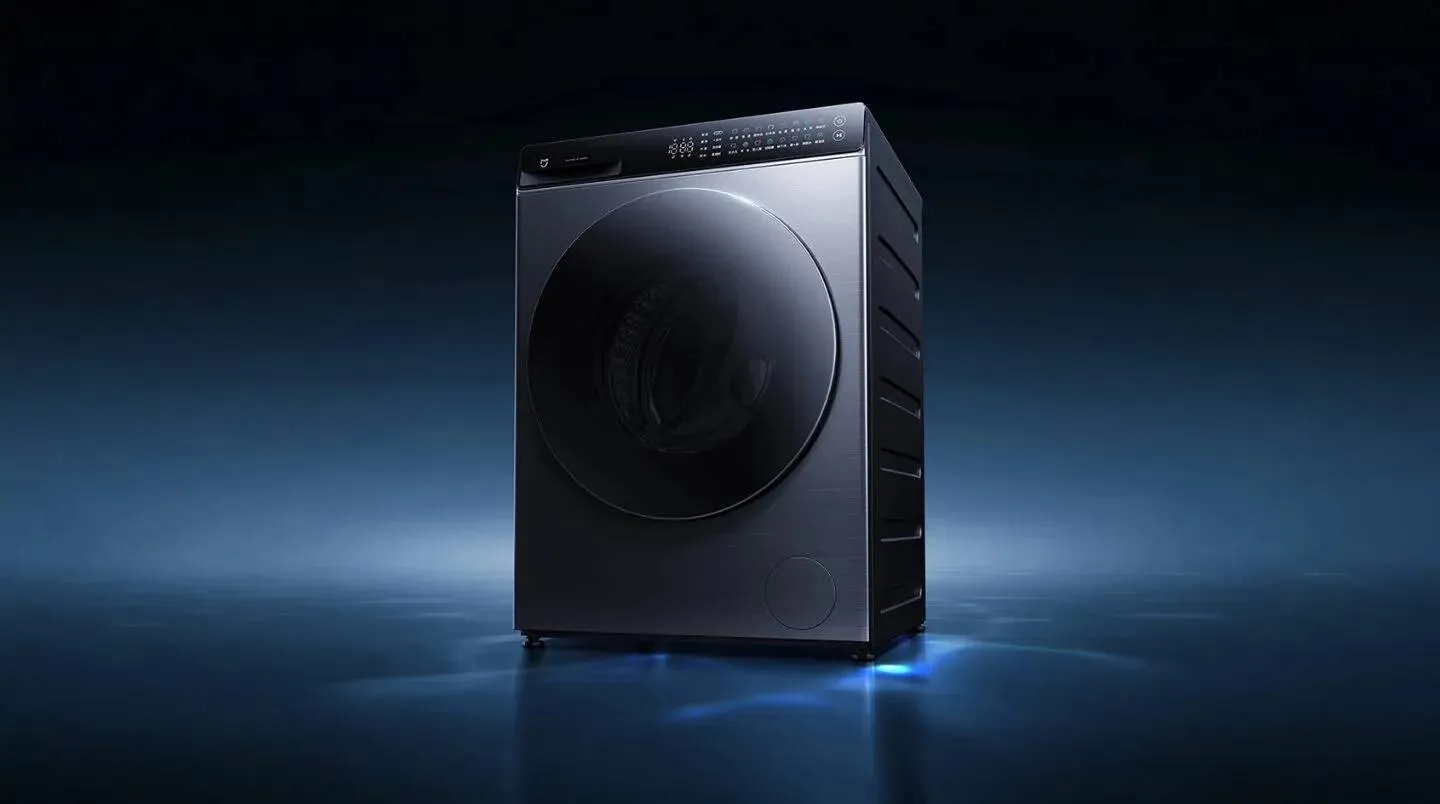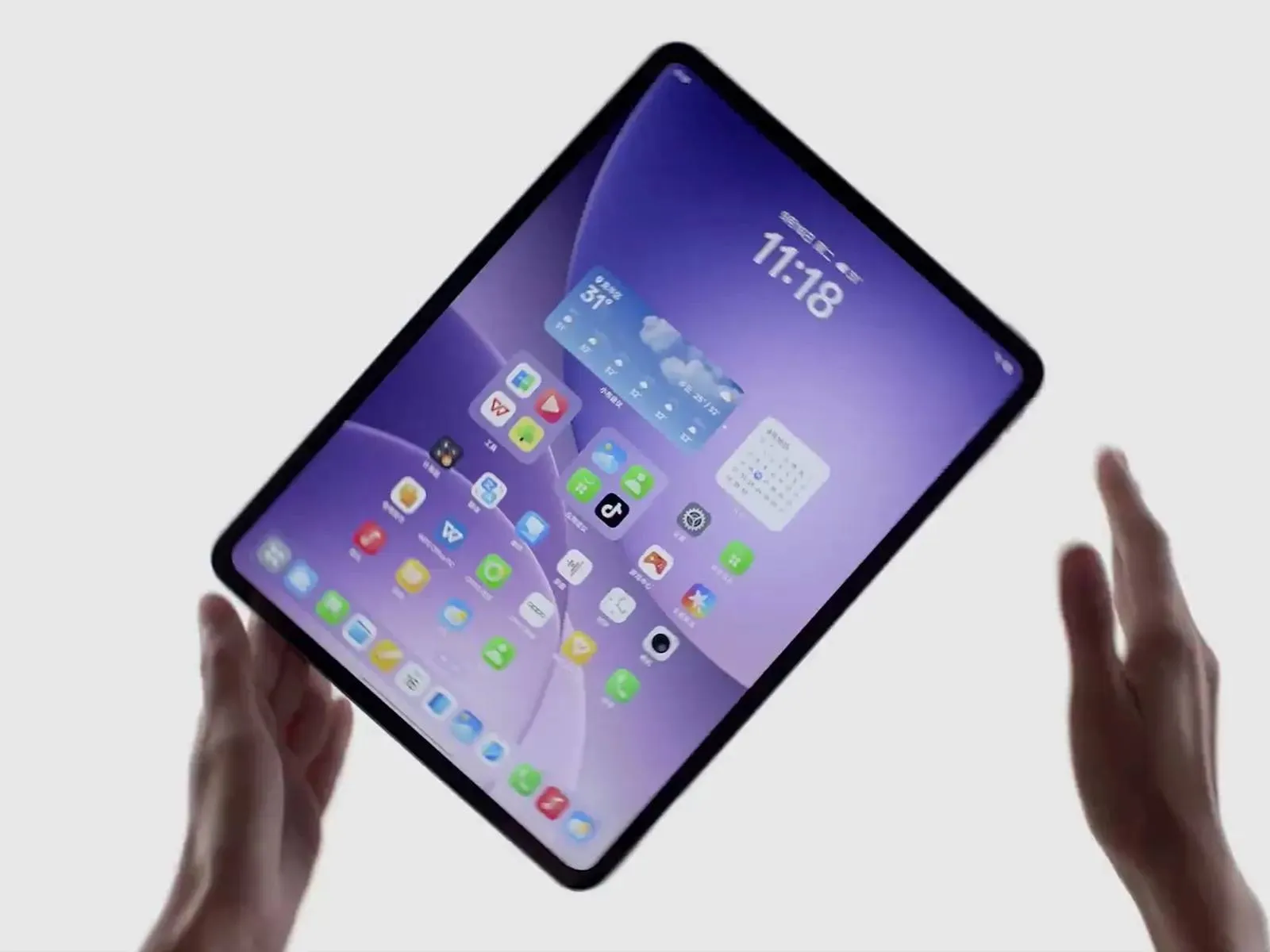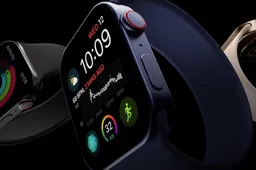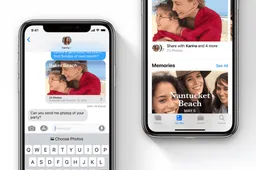Samsung Eyes Nokia's Network Infrastructure: A Potential Industry Shift
SamsungSaturday, 31 August 2024 at 18:12
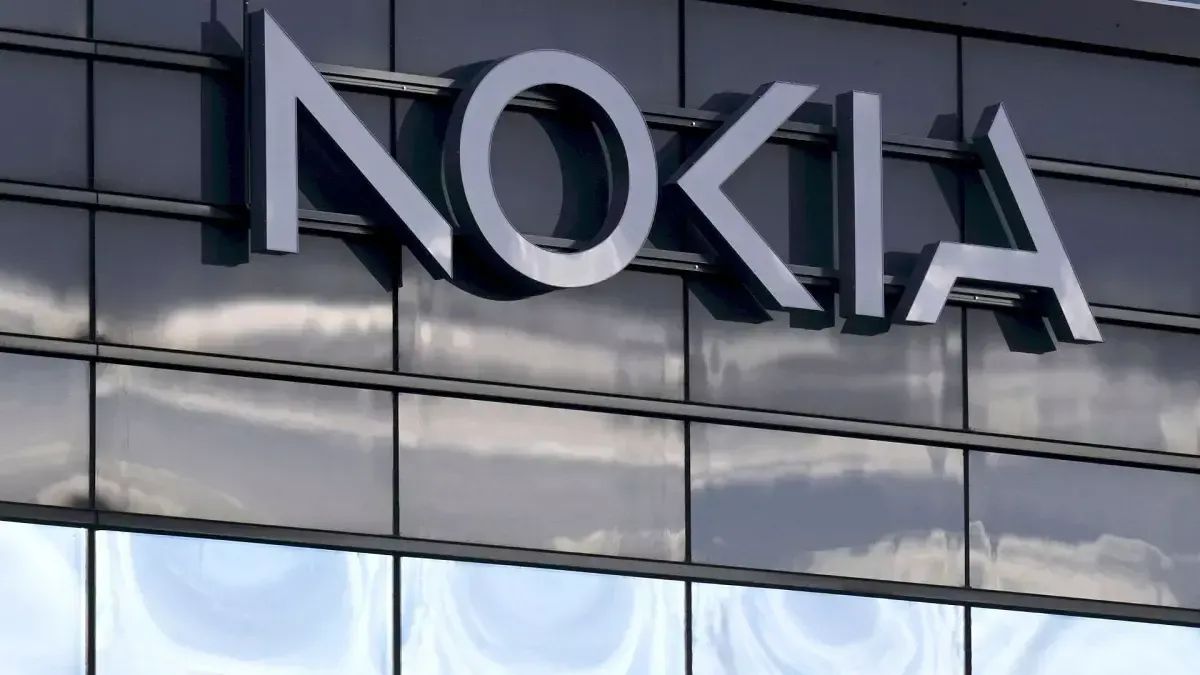
Nokia has struggled to compete with big players like Ericsson and Huawei in the network infrastructure market in recent years. Despite these challenges, Nokia remains a significant player, particularly in the Radio Access Network (RAN) sector. However, this could change soon. Rumors suggest that Samsung may buy Nokia’s infrastructure business.
If the rumors are true, Samsung could spend around $10 billion on this acquisition. For Samsung, this could be a strategic move to increase its small share in the RAN market. Samsung currently holds a market share of about 6.1%. If it buys Nokia’s infrastructure division, Samsung could jump to the position of the second-largest RAN supplier globally, with an estimated market share of 25.6%. Here’s a closer look at why this deal might make sense for Samsung, how it could affect the industry, and what it could mean for Nokia’s future.
Why Samsung Wants to Buy Nokia’s Infrastructure Business
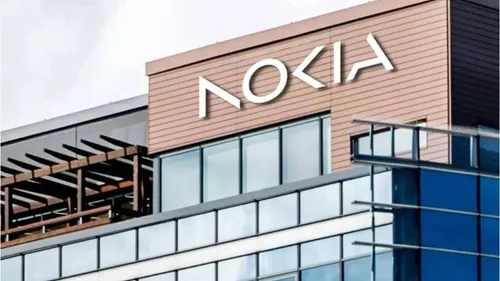
Samsung has been getting better at selling network infrastructure. They already make important parts for 4G and 5G networks. Samsung sells to many companies around the world, including Telus, O2, Reliance Jio, KDDI, NTT DoCoMo, Dish, Verizon, and Vodafone.
However, Samsung is not very big in the RAN market. Buying Nokia's infrastructure business could help Samsung get bigger. Nokia has a good name and many customers. Buying Nokia's business would give Samsung more customers and more products and technologies. This would help Samsung compete better with Ericsson and Huawei.
Key Benefits for Samsung
1. Bigger Market Share
The most obvious benefit of buying Nokia’s infrastructure business would be a substantial increase in market share. Samsung’s share could rise from 6.1% to 25.6%. This jump would make Samsung the second-largest RAN supplier worldwide. With this new position, Samsung could challenge Ericsson, which is currently the leading supplier. The increased market share would also make Samsung a more attractive option for carriers seeking alternatives to Huawei, especially in countries with restrictions on Huawei equipment.
2. More Customers
Nokia’s infrastructure business has an established customer base in Europe, North America, Asia, and Africa. If Samsung buys this division, it will instantly gain access to Nokia's long-term contracts and carrier relationships. This could help Samsung boost its revenue growth. It could also allow Samsung to enter new markets where it currently has little or no presence, enabling faster growth and expansion.
3. Improved Technology and Products
Nokia is known for its advanced RAN technologies, including its Open RAN (O-RAN) solutions. These solutions make networks more flexible and easier to integrate. If Samsung acquires Nokia, it will gain access to these cutting-edge technologies. This access would help Samsung offer more comprehensive and competitive network solutions to carriers worldwide. It could also speed up Samsung’s development of next-generation network technologies like 5G Advanced and 6G.
4. Cost Savings and Efficiency
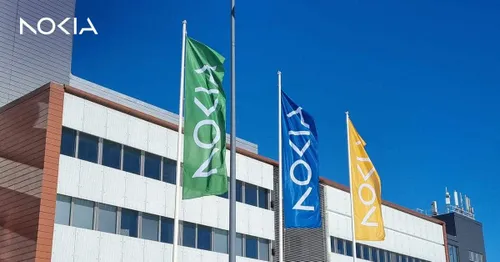
Combining Samsung’s existing RAN capabilities with Nokia’s infrastructure assets could create significant cost savings. Samsung could use Nokia’s technology, expertise, and infrastructure to make its operations more efficient. This could help reduce costs and improve overall productivity. Samsung could also negotiate better deals with suppliers, streamline its supply chain, and benefit from economies of scale. These savings could lower prices for customers, making Samsung a more appealing choice for carriers upgrading or building their networks.
What This Means for Nokia
Nokia might be selling its infrastructure business because it is not doing well. This would let Nokia focus on other things, like software, cloud solutions, and enterprise networks. Nokia might make more money from these things in the future.
Selling the business could give Nokia $10 billion. Nokia could use this money to invest in other parts of its business, pay off debts, or give money back to the people who own Nokia.
However, selling the business would be a big change for Nokia. It could show that Nokia is not as good as its competitors at selling RAN. Selling the business could mean that Nokia will not grow as much in the future.
How the Industry Could Change
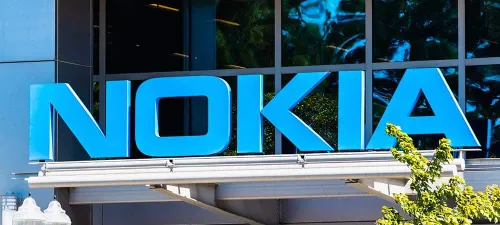
If Samsung buys Nokia’s infrastructure business, it could reshape the global network infrastructure market. Here are a few potential impacts:
More Competition: The deal would create a stronger competitor for Ericsson and Huawei. This could lower prices and push for faster innovation in the RAN sector.
Market Dynamics Shift: With a larger market share, Samsung could become a preferred choice for carriers worldwide. This would give carriers more options when choosing their network suppliers, potentially leading to a more diverse and competitive market.
Geopolitical Considerations: Given the current political climate, a stronger Samsung could serve as a more politically acceptable alternative for carriers in countries that have banned or restricted Huawei’s equipment.
Market Dynamics Shift: With a larger market share, Samsung could become a preferred choice for carriers worldwide. This would give carriers more options when choosing their network suppliers, potentially leading to a more diverse and competitive market.
Geopolitical Considerations: Given the current political climate, a stronger Samsung could serve as a more politically acceptable alternative for carriers in countries that have banned or restricted Huawei’s equipment.
Final Thoughts
The news that Samsung might buy Nokia's infrastructure business for $10 billion is exciting. It could be a big deal for both companies.
For Samsung, it would mean they could sell more things and to more people. They would also know more about technology. For Nokia, it could help them make more money and focus on other things.
If Samsung buys Nokia's business, it could change how companies sell network infrastructure. It could make new things possible. This could be the start of a new time for both companies as they work in the changing telecom industry.
The best part is that this deal could breathe a new breath into the world of network infrastructure. The South Korean company is one of the biggest companies in the world. Samsung is a strong competitor in any industry it finds itself. Therefore, this deal could tighten up the competition; where there is strong competition, everyone tries to produce the best.
Loading
